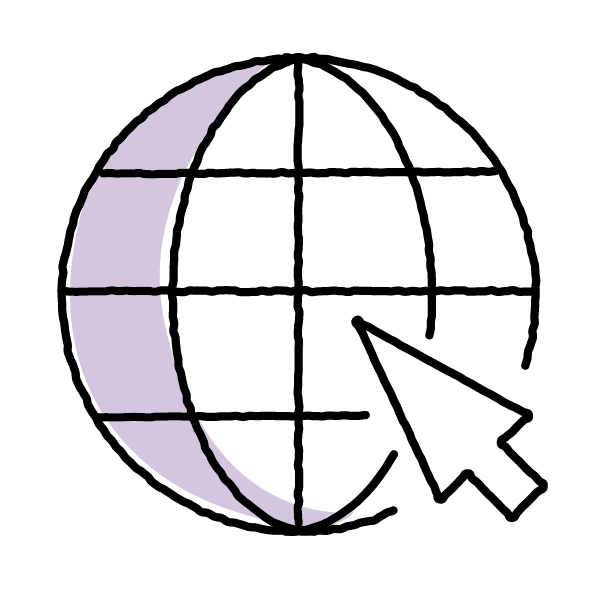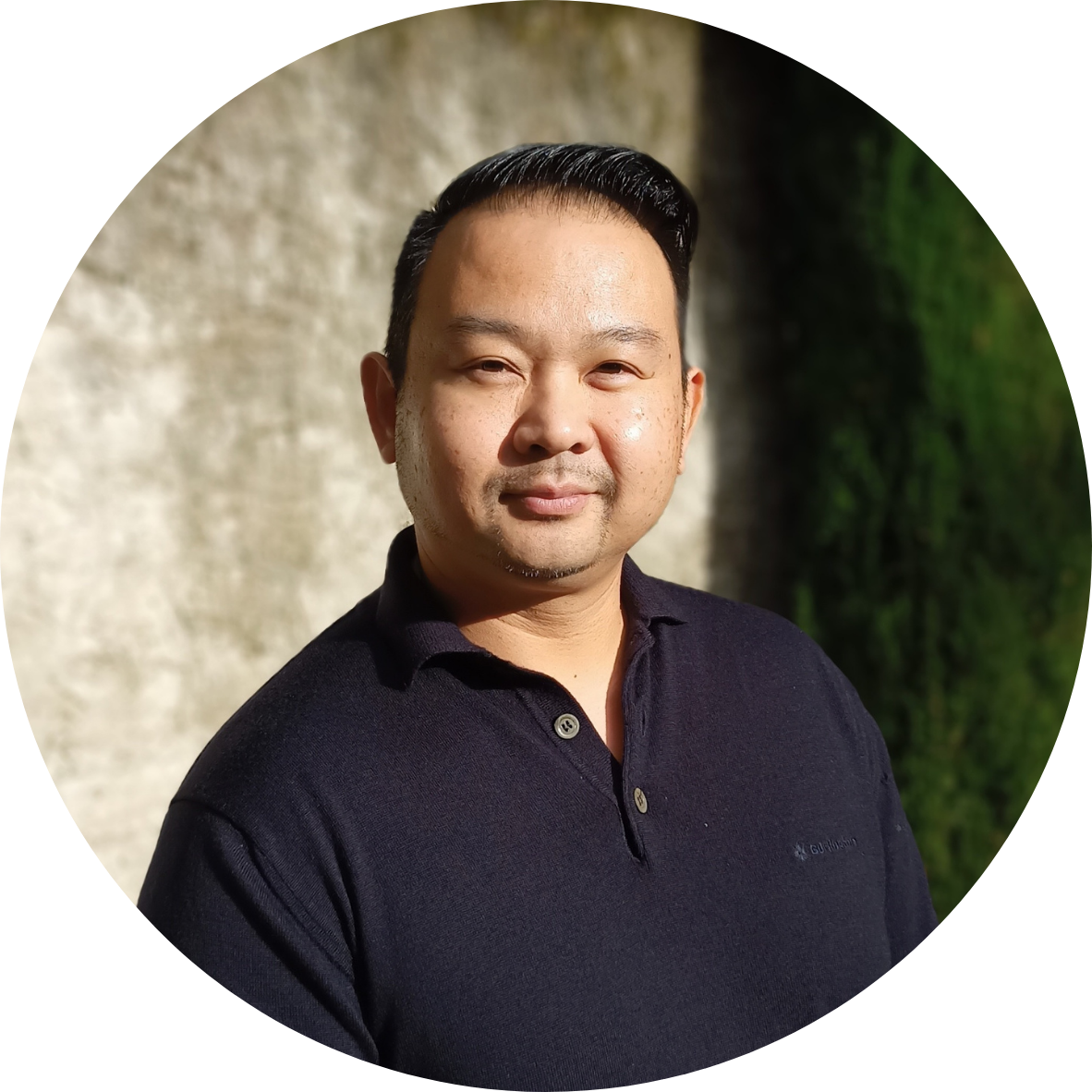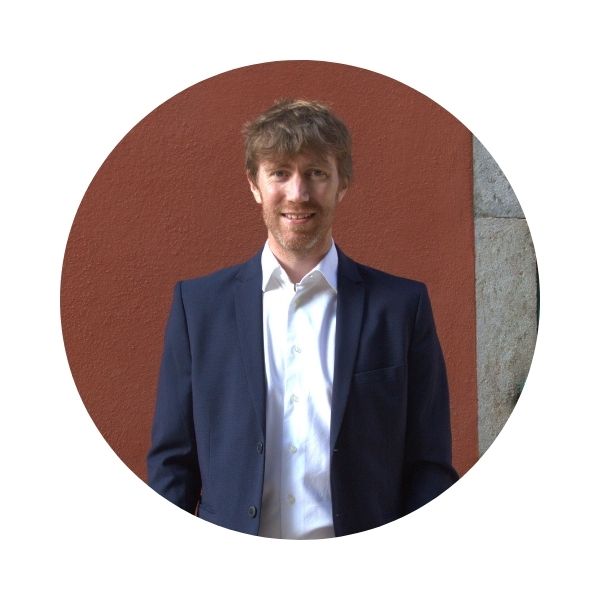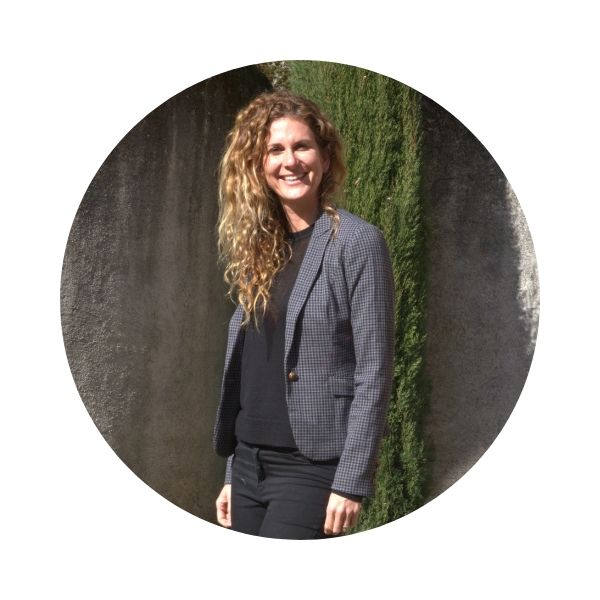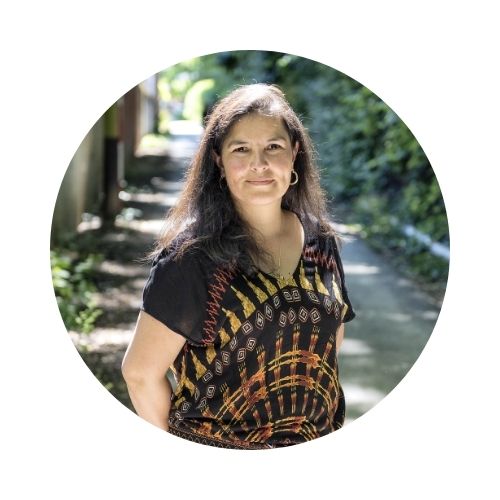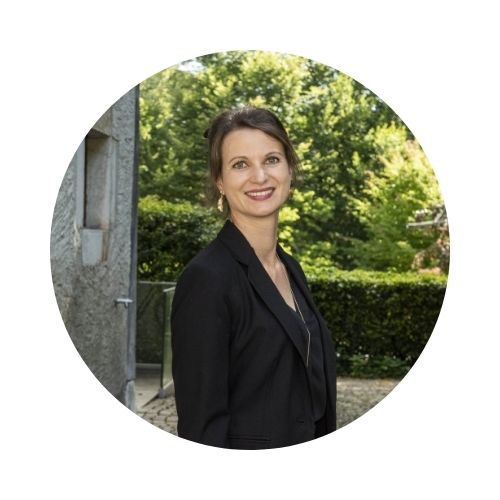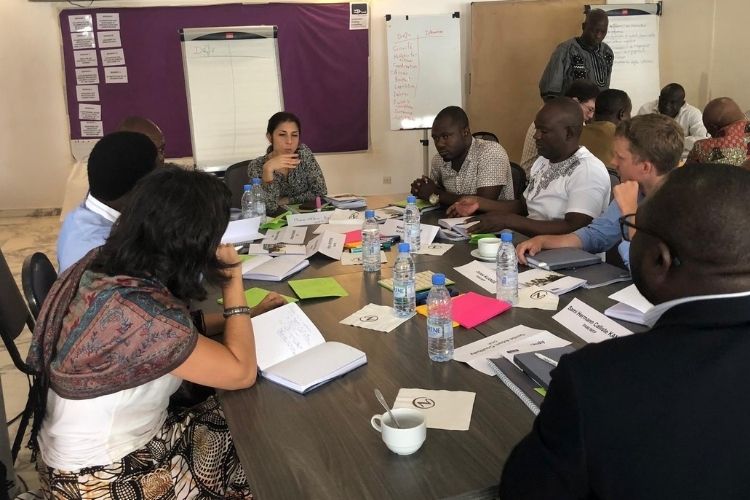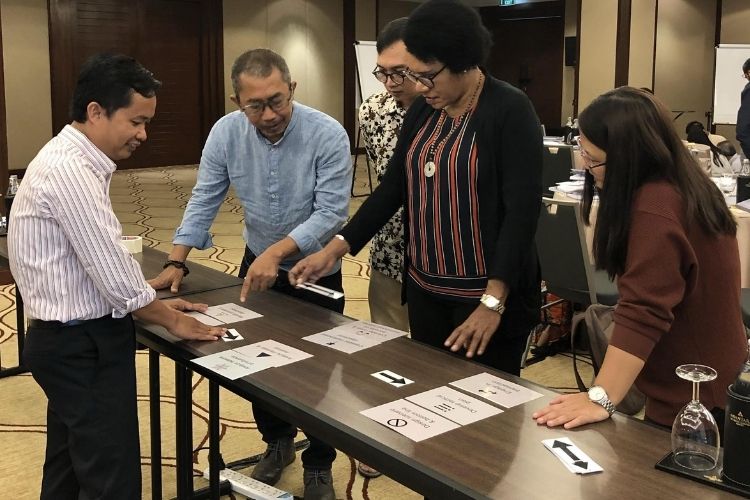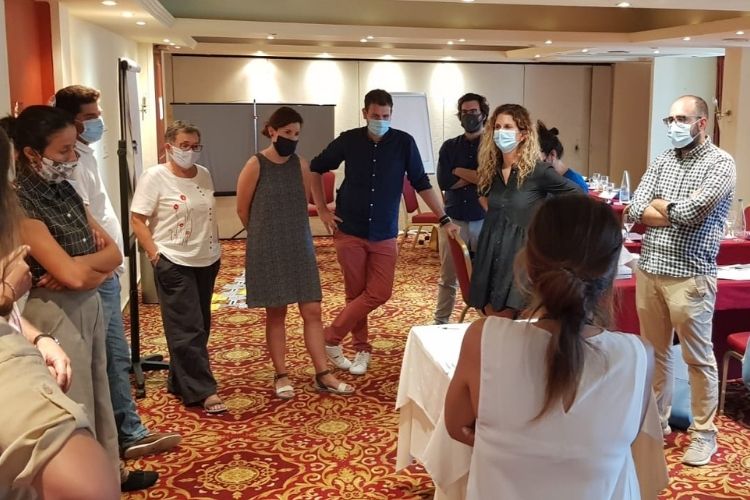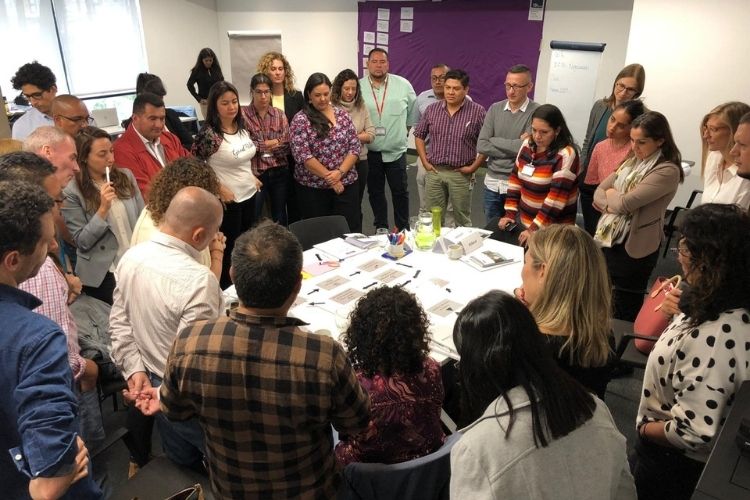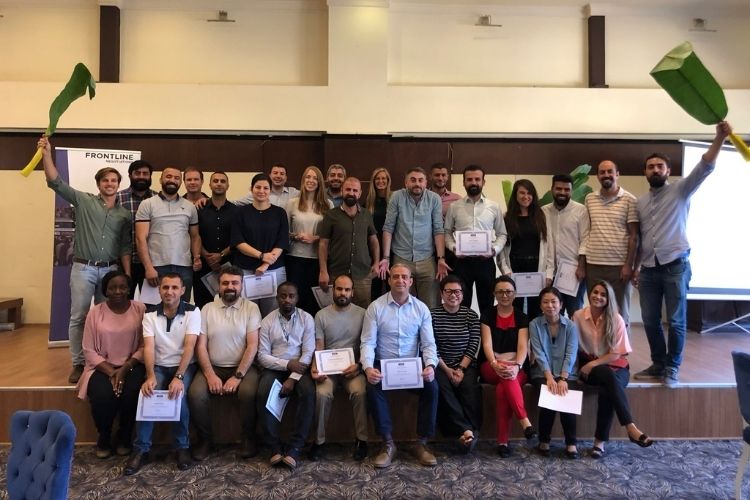Activities > Workshops & Sessions
Peer Workshops
Springboard to a global community of frontline negotiators.
About
Our Peer Workshops provide a safe space for sharing negotiation experiences and for peer learning. Our participants will have an opportunity to connect with experienced peers from other leading humanitarian organizations, in their own region and beyond, and are offered both onsite and online.
The workshops are centered on experience-based learning. Participants are asked to share their own negotiation experiences openly so that they can learn from one another’s successes and failures. They are also shown effective ways of supporting their peers in a negotiation process.
The CCHN collaborates closely with its five Strategic Partners (ICRC, UNHCR, MSF, WFP and HD) to facilitate the participation of national and international staff in Peer Workshops.
Objectives
The workshops aim to develop field practitioners’ capacity to analyse the humanitarian negotiation environment they are working in and improve their ability to plan multi-stakeholder negotiation processes. They introduce participants to practical negotiation tools and methods developed on the basis of the latest empirical research that we conducted.
Peer Workshops draw heavily on the CCHN Field Manual on Frontline Humanitarian Negotiation. Sessions focus on:
- Strategic planning and critical thinking in complex environments
- Context analysis and network assessment
- Analysing the interests and motives of the other side
- Setting objectives and priorities in frontline negotiations
- Devising and role-playing negotiation scenarios and setting red lines
- Planning and evaluating negotiation processes
Participation Criteria
Peer Workshops are designed to meet the needs of humanitarian professionals with a minimum of three years’ experience in the field. They are open to the national and international staff of humanitarian organizations.
Before joining a workshop, all participants are asked to prepare a case study on a challenging humanitarian negotiation they have faced in the past, to help them analyse a situation. These case studies are used to launch peer discussions over the period of the workshop.
Practical Details
The participants can choose their regions of expertise, e.g: Africa, Asia, Latin America, and the Middle East. The languages of instructions are English, French, Spanish and Arabic.
Online Peer Workshops are held over three days, on Zoom, and are free of charge. To receive a Certificate of Participation, participants must attend all sessions.
Onsite Peer Workshops are held in regional hubs over five days. Participants will be given the benefit of additional negotiation tools and networking sessions. All are charged a cost-recovery fee of USD 360, to ensure the sustainability of the programme – this fee covers all instruction, materials, conference rooms, lunches and coffee breaks during a Peer Workshop.
If the workshop venue and catering are provided by one of CCHN’s Strategic Partners, the cost-recovery fee may be waived – whether or not this applies to a particular workshop is indicated on the event page.
Certification
All participants who attend a Peer Workshop will receive a Certificate of Completion. See our FAQs for more information about certification.
How to Apply
Humanitarian field staff can apply to take part in one of the Peer Workshops which are held regularly, both online and onsite in regional hubs. For more information and application deadlines, please consult the Events pages.
Becoming Our Community of Practice Members
Participants who complete a Peer Workshop can join the CCHN’s global Community of Practice. Our community members gain exclusive access to its advanced-level activities such as the Training of Facilitators, Specialized Sessions and Peer Circles. These are held regularly, both online and onsite in regional hubs around the world.
Peer Workshop calendar
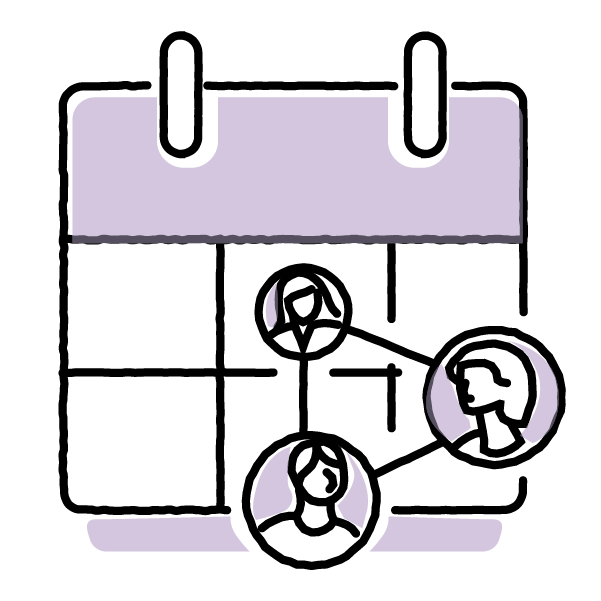
Workshop leads
Engagement figures
Field staff
6+ years of field experience
Use or plan to use CCHN negotiation methodology
Would Recommend the Program to Colleagues
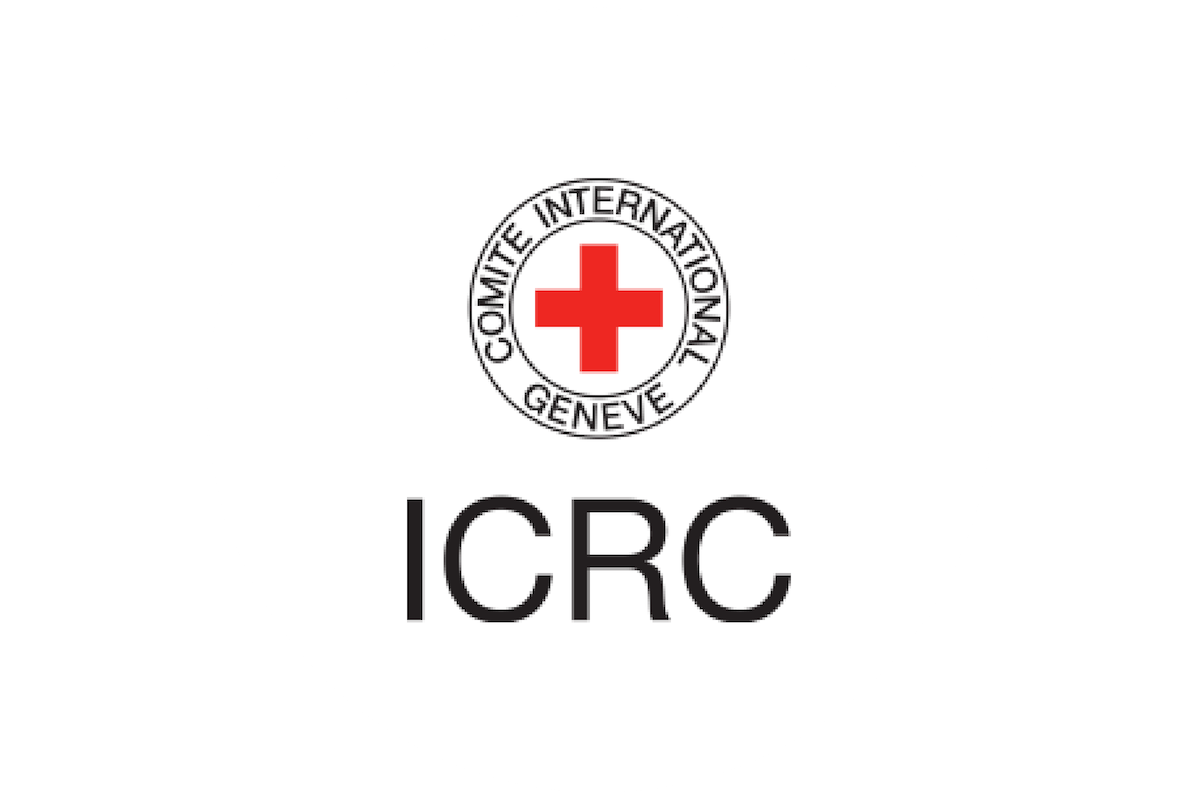
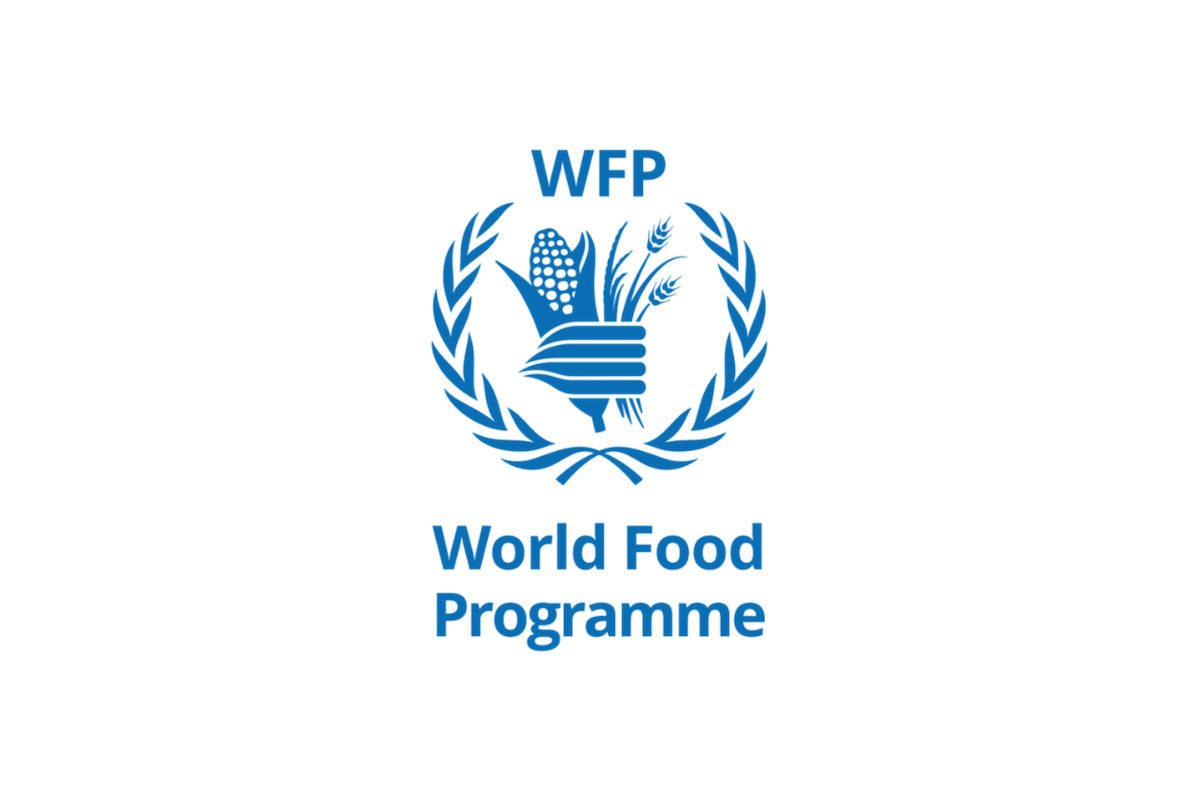
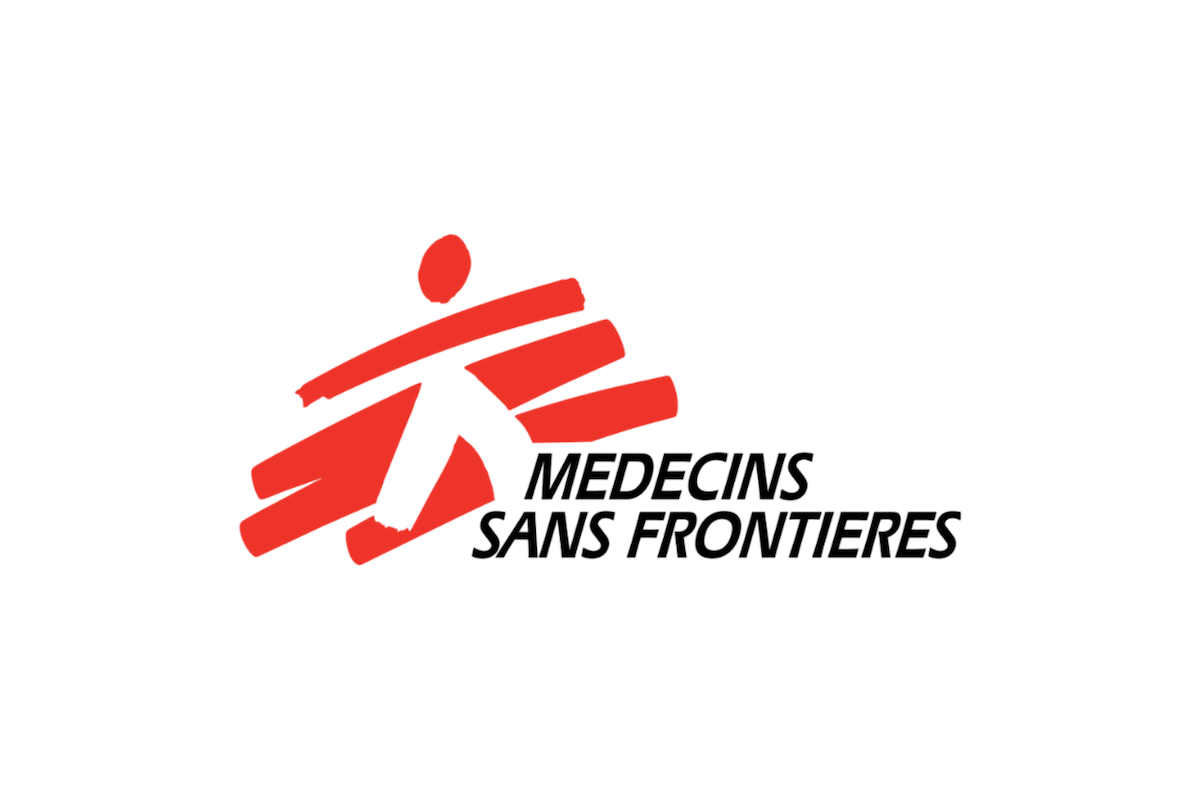
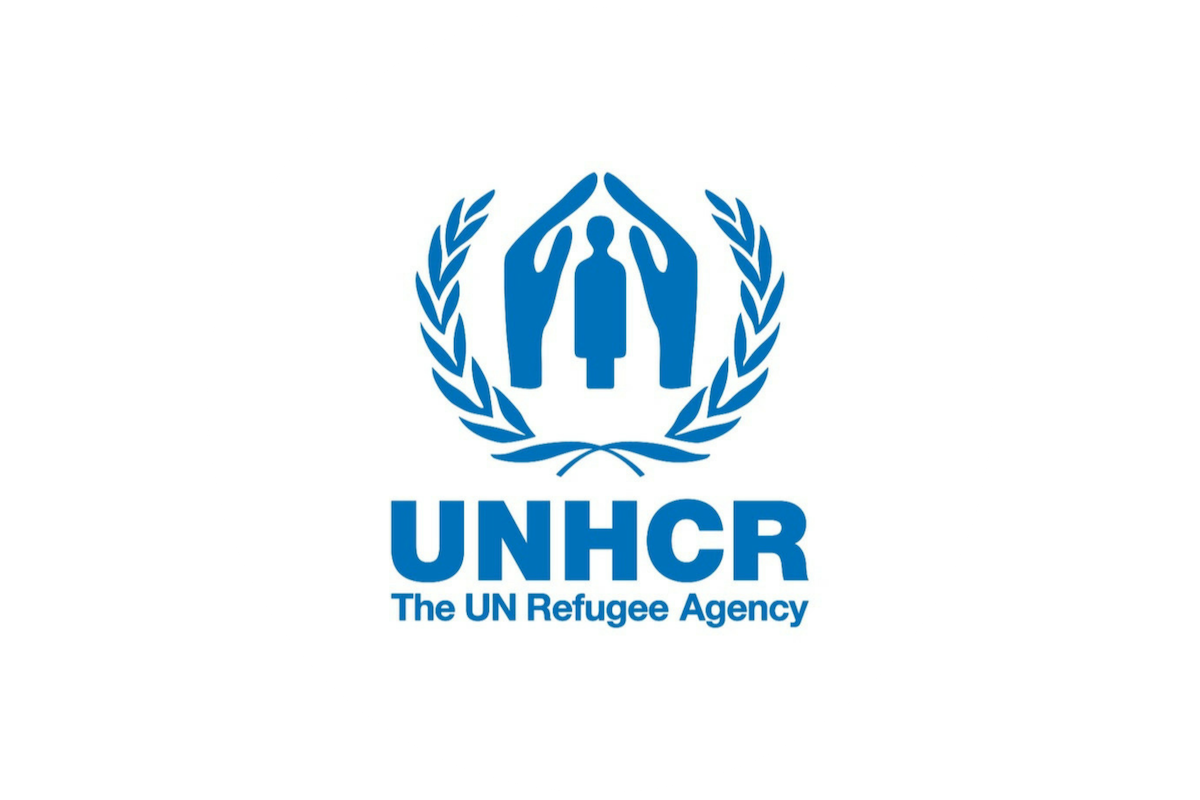
Myanmar
South Sudan
Afghanistan
Iraq
Testimony from our community members
Community of Practice
Further information
